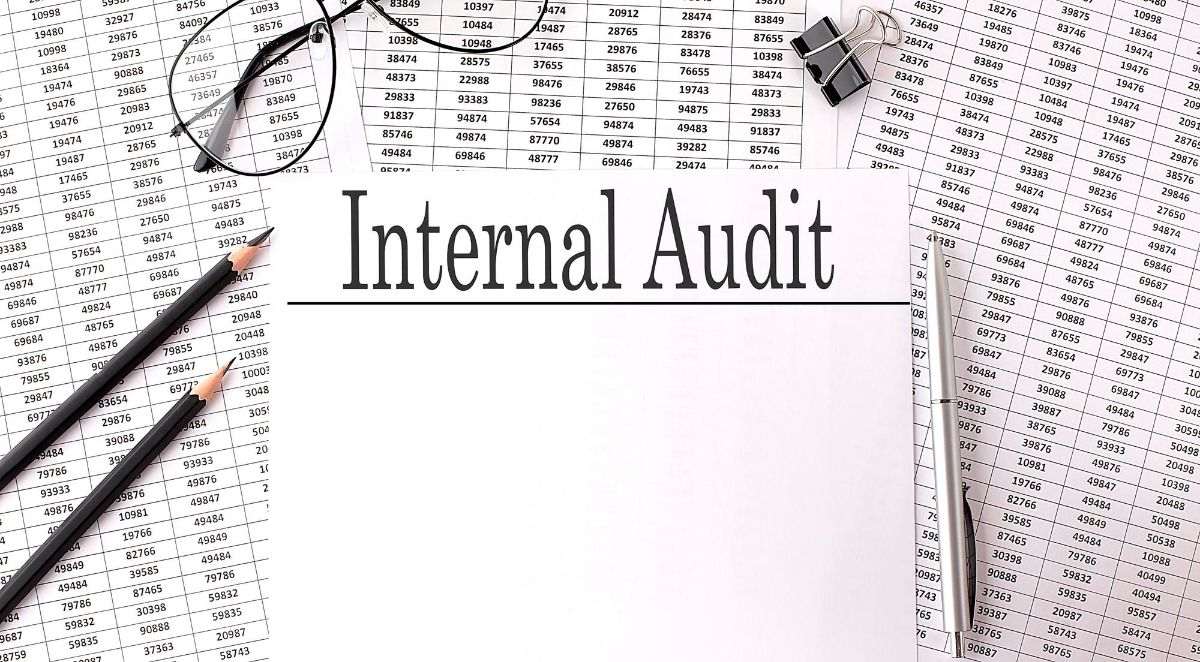What we know
UAE Corporate Tax will apply to all UAE businesses, except for the extraction of natural resources, which will remain subject to Emirate level corporate taxation. Foreign entities and individuals will be subject to Corporate Tax only if they conduct a trade or business in the UAE in an ongoing or regular manner.
UAE Corporate Tax will apply equally to all categories of profits and other (net) income reported in the financial statements prepared in accordance with internationally acceptable accounting standards.
Why corporate tax?
-
- Cementing UAE’s position as a world leading hub for business and investment
- Meeting international standards for tax transparency and preventing harmful tax practices
- Accelerating the UAE’s development and transformation to achieve its strategic objective
When
-
- Effective for financial years beginning on or after 1st June 2023.
- The UAE CT period for an entity is determined based on its financial year (FY) -end. As such, entities with a:
- FY starting June 1, should file their first UAE CT return for the financial year-ending 31 May 2024
- FY starting Jan 1, should file their first UAE CT return for the financial year-ending 31 December 2024
- The due date for filing CT returns has not been specified yet.
How much
| Taxable Income/ Category | Corporate Tax Rate (%) |
| Taxable income up to AED 375,000 | 0% |
| Taxable income over and above AED 375,000 | 9% |
| Large multinationals (Consolidated global revenue exceeding EURO 750 million – AED 3.15 billion) that meet specific criteria set with reference | Different tax rate |
Key Features
- Individuals will not be subject to CT on income from employment, real estate, investments or other personal income not related to a UAE business.
- No corporate tax will apply to foreign investors who do not carry-on business in the UAE
- Corporate tax will apply to the adjusted accounting net profit of the business
- Free Zone businesses that meet all necessary requirements can continue to benefit from corporate tax incentives
- The extraction of natural resources will remain subject to Emirate level corporate taxation
- No withholding tax will apply on domestic or cross border payments
- No corporate tax will apply on capitals gains and dividends received by a UAE business from its qualifying shareholdings
- No corporate tax will apply on qualifying intragroup transactions and restructurings
- Foreign tax will be allowed to be credited against UAE corporate tax payable
- Generous loss transfer and utilization rules will be available to businesses
Free Zone Entities
- Many free zones in the UAE offer various incentives including tax-free periods of up to 50 years. According to the information published by the UAE MoF, the UAE CT regime will continue to honor these tax incentives for free zone entities that comply with the relevant regulatory requirements and do not conduct business with mainland UAE.
- It is unclear whether such free zone entities will only be taxed on their income from conducting business with mainland UAE, or whether all their income (including income sourced in free zones or outside the UAE) will be subject to the UAE CT.
- While qualifying free zone entities may not be subject to the UAE CT, free zone entities that are part of a large multinational group may be subject to the 15% Global Minimum Tax (GMT) under Pillar Two Important from MOF FAQ “The UAE CT treatment that will apply to businesses in free zones will be the same across all free zones”
Branches - Branches of foreign entities are generally considered taxpayers for CT purposes and will thus be subject to MoF CT (unless the free zone tax incentives or other exemptions apply).
- Branches of UAE entities are not separate legal persons, branches may not be required to file separate UAE CT returns from their respective parent entities. We anticipate that UAE entities will file one UAE CT return which includes their UAE branches.
Tax Grouping
- It is currently unclear whether the UAE CT grouping must be linked to the VAT grouping.
- Loss set-off benefits
Deductible expenses – Adjustments to Book profits
- Transfer pricing for related party transactions
- Depreciation
- Interest Limits
- Fine & penalties
Others:
- CT Returns: Documents requirement (Financial statements, Depreciation schedule, transfer pricing, related party transactions etc.
Focus Areas for businesses
- Transfer pricing
UAE companies which are doing cross border transactions with related parties / head offices/ parent companies would be required to do a careful analysis of their transactions and put in place transfer pricing agreements. - Investment Properties
Assignment of personal assets / properties to the businesses by the Shareholders / directors for commercial reasons would need to be reviewed for tax strategy and compliance. - Bad Debts Write-off
Business would need to review their internal processes and documentation in order to ensure tax compliance. - Legal structures and licensing
Business would need to review their corporate structure and transactions to ensure compliance and tax benefit - Employment contracts
Employee contacts to be assessed for benefits and payment to ensure tax compliance and deductibility. - Transactions with non-tax group related parties
Related party transactions out-side tax group would require an analysis for tax compliance and deductibility. - Compliance requirements
Overall assessment of compliance requirement for documentation & reporting - Salaries & benefits to shareholders / Directors
Salaries and benefits to working shareholders and directors to be assessed for compliance and tax deductibility based on regulations.
Note :
This document has been prepared in advance of the United Arab Emirates (UAE) Corporate Tax (CT) legislation. It is based on the CT Frequently Asked Questions (FAQs) published by the UAE Ministry of Finance (MoF) on their website following an announcement in January 2022 that CT will be implemented. Further details on the UAE CT regime are expected to be provided in due course.
Recent Blogs
-

The Comprehensive Guide to Statutory Audits: From Basics to Practical Examples
-

Types of Audits: What Every Business Owner Should Know
-

Who Uses External Audits and Why? Insights for Business Owners
-

The Five Key Elements of an External Audit Process
-

Internal Audit vs. External Audit: Which is More Effective for Your Business?
-

The Importance and Purpose of External Audits in Business
-

Guidance on Economic Substance Reporting
-

Environmental, Social, and Governance (ESG)
-

Economic Substance Regulations (ESR)
-

Corporate Tax in UAE
-

Auditing in Dubai, UAE
-

Accounting in Dubai, UAE
Contact us to know more
Contact Us- Audit & Assurance Services
- Tax Services
- Accounting & Outsourcing
- Risk Advisory
- Compliance Services
- Corporate Advisory
- Technology Consulting
- Business Services

